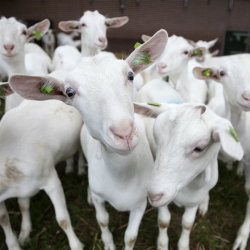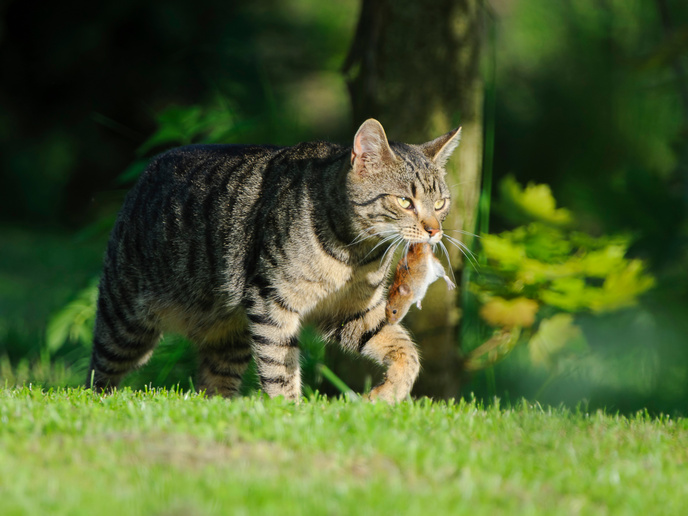New technology for livestock diversity
Around the world, livestock diversity is diminishing due to industrialised agriculture and globalisation. However, genetic diversity in livestock is needed to maintain agricultural productivity. The EU-funded project NEXTGEN(opens in new window) (Next generation methods to preserve farm animal biodiversity by optimizing present and future breeding options) addressed this issue by developing techniques to manage livestock diversity using whole genome sequencing. Researchers started by collecting samples from livestock across Morocco, Uganda and Iran. Of these samples, 205 sheep, 208 goats and 34 cattle genomes were sequenced. More than 1 000 samples were analysed using DNA chips rather than whole genome sequencing. NEXTGEN has developed a new technique for long-term storage of genetic material and designed new software to improve livestock diversity at farm level through breeding programmes. Researchers also produced a general guide to preserve and promote biodiversity in livestock populations. Finally, the project assessed the animals for good genetic resources within established breeds and wild populations. NEXTGEN research will help agricultural organisations around the world protect and promote livestock diversity.







